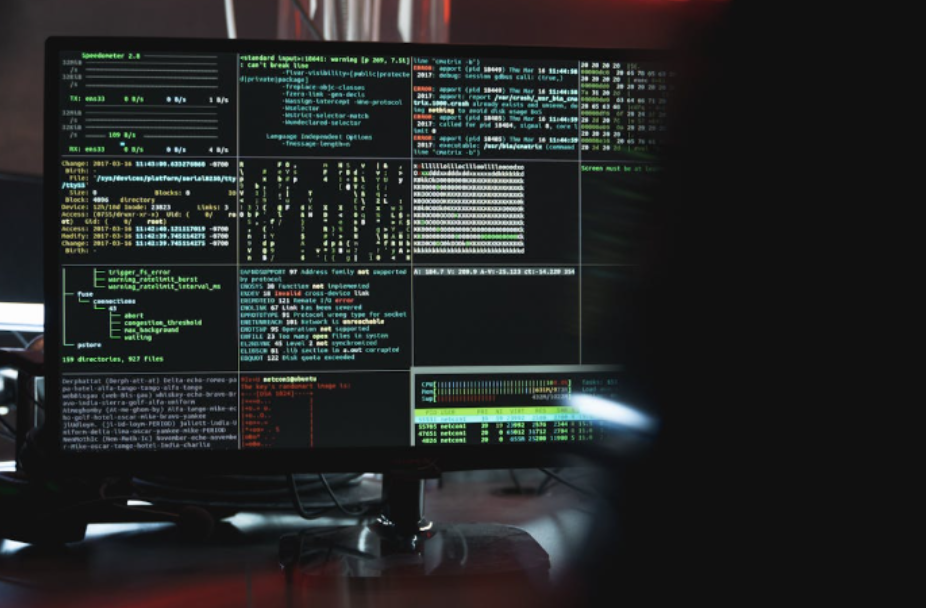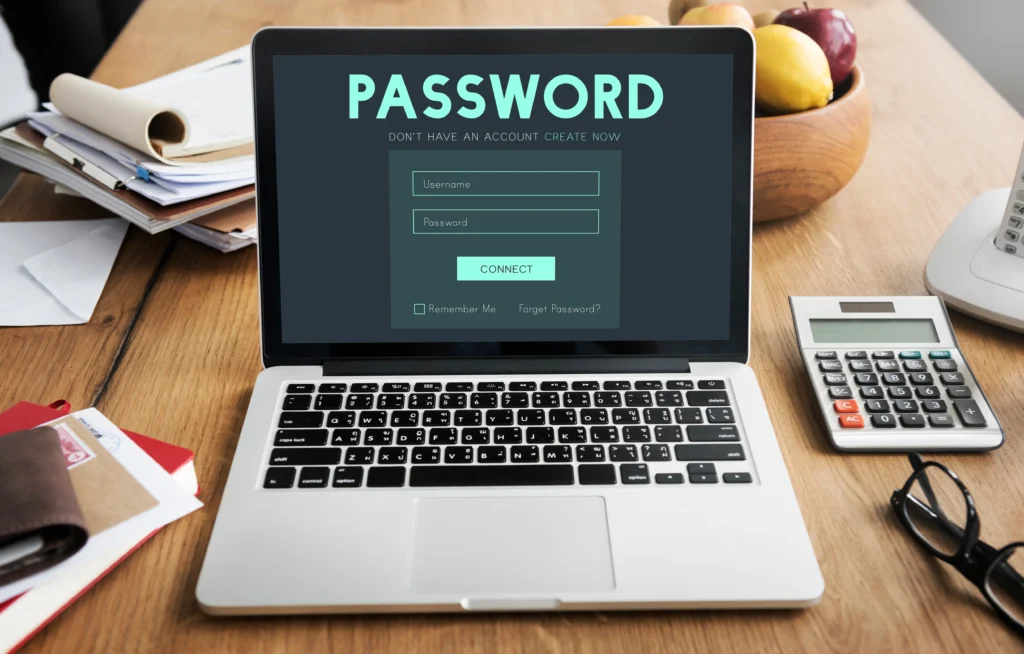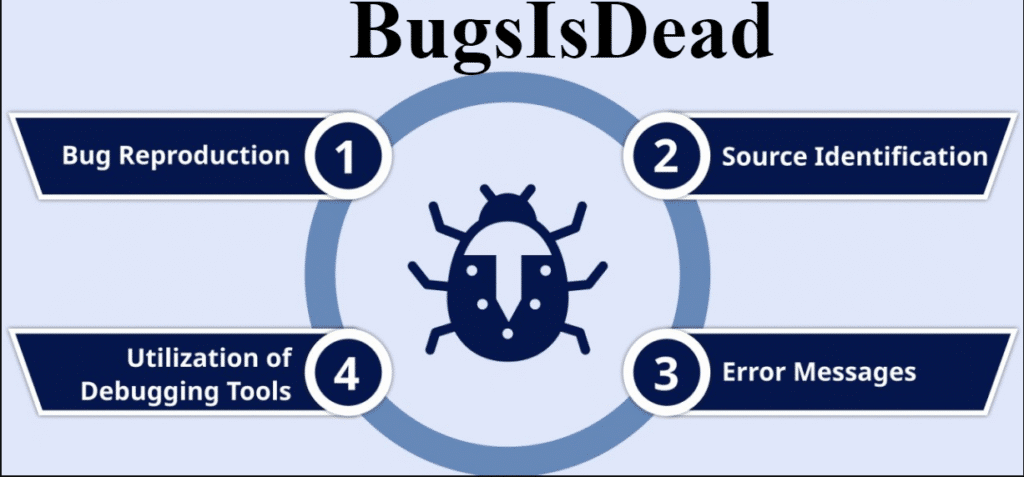The Cybersecurity Skills That’ll Matter Most in the Next 5 Years

The cybersecurity industry is growing quickly, but so are the threats. Businesses, governments, and schools are all targets—and they need people who can protect their systems.
But the skills needed to stay ahead are not the same as they were five years ago. New technologies, new laws, and new risks have reshaped what it means to work in this field. Whether you’re thinking about entering the industry or already working in it, it’s important to focus on the skills that are rising in demand—not just the ones that used to be enough.
This article breaks down the top cybersecurity skills that will matter most in the next five years. These aren’t just nice to have. They’re fast becoming the baseline for a solid and successful career in cybersecurity.
Cloud Security Is Now a Must-Have Skill
Cloud computing is everywhere. Companies are moving their systems and data to services like Amazon Web Services (AWS), Microsoft Azure, and Google Cloud. These platforms are flexible, but they also bring new security challenges.
Knowing how to protect cloud environments is one of the most important skills today—and it’s only becoming more critical. Security professionals need to understand how cloud infrastructure works, how permissions are managed, and how to keep data secure in the cloud. That includes learning about identity management, encryption, and how to detect intrusions.
As more data moves to the cloud, companies will need professionals who are specifically trained in these areas. Those who have completed programs like the Bachelor of Science with a Cybersecurity Concentration will be especially well-prepared. These programs teach not just the technical skills but also how to apply them in real-world cloud security scenarios. Graduates of such programs are likely to stand out when businesses look to fill critical security roles.
Penetration Testing Is More Than Just Hacking
Companies can’t wait for an attack to happen. They need to find weaknesses before hackers do. That’s where penetration testing comes in. It’s the process of trying to break into your own system to see where the holes are.
Pen testers think like hackers—but work for the good side. They scan networks, test firewalls, and simulate attacks. This helps companies fix issues before they become a problem.
To do this well, you need hands-on skills. You need to know how networks work, how to use testing tools, and how to explain what you find in a clear way. Certifications like OSCP or CEH can help, but real practice is even more important.
Secure Software Development Is Becoming Standard
Writing code is one thing. Writing secure code is something else entirely. As more apps go online, the risk of insecure code grows. A simple mistake can lead to major problems.
That’s why secure development is now a key skill. Developers and security teams need to work together from the start. This is where the idea of DevSecOps comes in—security is part of the process, not an afterthought.
Learning how to write secure code, test it properly, and fix issues early is now a major part of working in cybersecurity. It also helps reduce costs and avoid public damage from preventable errors.
Security Automation Makes Work Smarter
Cyber threats happen fast. Manually handling every alert, log, or report just isn’t realistic anymore. That’s why automation has become a big part of modern cybersecurity work.
Using scripts, tools, and platforms like SOAR helps security teams move faster. It also reduces errors and frees up time to focus on more complex problems. Knowing how to use automation tools—or write scripts with Python or PowerShell—can make a big difference.
As threats grow and teams stay small, automation isn’t just a nice extra. It’s becoming an expected part of the job.
Real-Time Threat Intelligence Matters More Than Ever
The ability to gather and use threat intelligence is becoming more important each year. Security professionals need to know what’s happening outside their network—not just inside it. That means tracking known threats, learning about new attack methods, and using that knowledge to prepare.
Good threat intelligence helps teams act faster. It lets them block threats before they cause real damage. It also helps security leaders make better decisions about tools, staffing, and defense strategies.
This skill isn’t just for analysts. Everyone in security benefits from understanding how threat data works. And it’s something that sets top professionals apart from the rest.
Incident Response Is a Core Responsibility
Cyberattacks are going to happen. The question is how fast teams can respond. That’s why strong incident response skills are critical. Being able to follow a clear plan during an attack can limit damage, reduce downtime, and protect company data.
Professionals who know how to investigate, contain, and recover from incidents will continue to be in high demand. They also need to write reports, explain what happened, and help others learn from it.
A well-practiced response plan is as important as strong tools. And people who can lead that response are becoming some of the most valuable members of security teams.
Risk Management Connects Security to Business
Not every security problem needs an urgent fix. Teams have limited time and budget. That’s why understanding risk is such a valuable skill. It helps security professionals focus on what matters most.
Risk management is about knowing which issues could cause the most harm—and helping the company deal with them in a smart way. It also means being able to explain these risks to business leaders in simple terms.
This skill blends technical thinking with clear communication. It’s especially helpful for people who want to move into leadership roles or work closely with other departments.
Soft Skills Make Technical Work Stronger
Cybersecurity isn’t a solo job anymore. Most tasks involve teams, meetings, or reports. That’s why soft skills are so important. Being able to talk clearly, write well, and work with others makes a real difference.
Professionals need to explain risks without using jargon. They also need to listen, stay organized, and know when to ask for help. These skills are useful at every level—from entry-level jobs to executive roles.
As security teams grow and work with other departments, communication will become just as important as technical skills.
The cybersecurity landscape is shifting fast. Hackers are getting smarter. Systems are getting more complex. And businesses need people who can adapt.
The skills in this article aren’t just trends. They reflect what today’s security jobs really require—and where the industry is going. Whether you’re just starting your career or want to grow in your role, focusing on these areas will help you stay ahead.
What you know today might not be enough tomorrow. But if you keep learning, stay sharp, and build these skills now, you’ll be ready for whatever comes next.

Why Retail Software Testing is Critical for Effective E-commerce Development?

How Sales Teams Increased Productivity with Parallel Dialers

Curtain Dry Cleaning and Leather Sofa Cleaning – Reliable Care by Duo Nini

LLM-Native Software Architecture: Designing Products for Agents, Not Just Humans

Bespoke in the South: How Charlotte’s Elite Are Personalizing Their Rolls-Royce

h5.onfilom.com: What It Is, Why It Appears, and How Users Should Treat It

nielsensurvey.con/survey – Real Nielsen Survey or Fake Link? Complete Safety Guide

Strong Password Guide: Create & Manage Safe Logins








